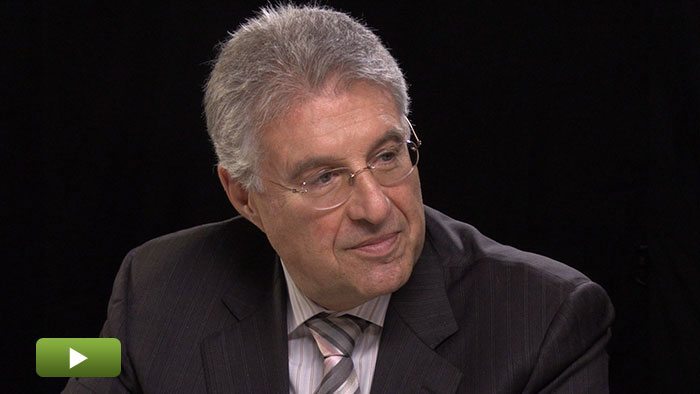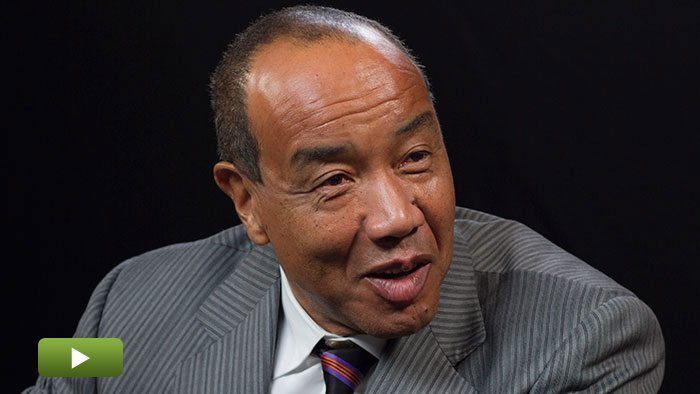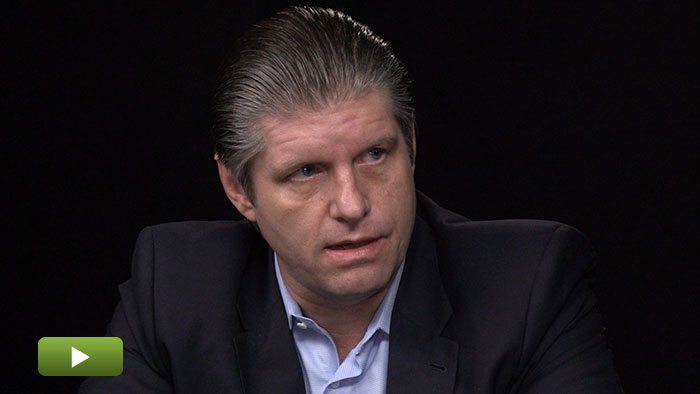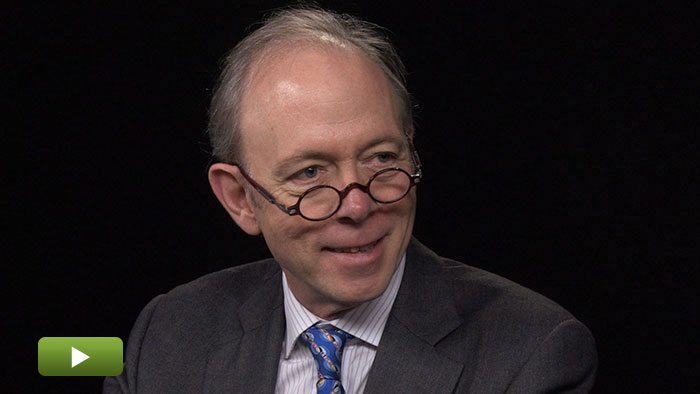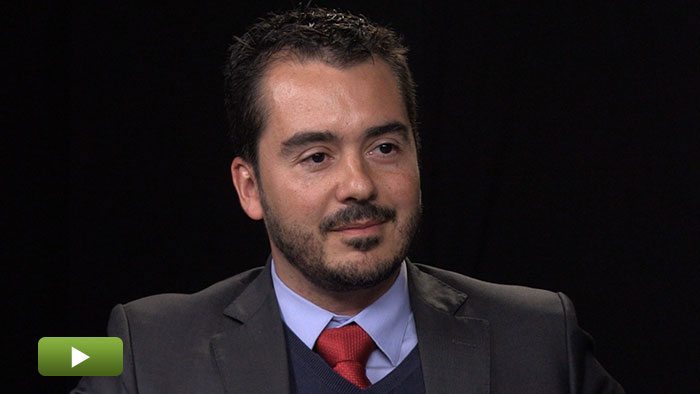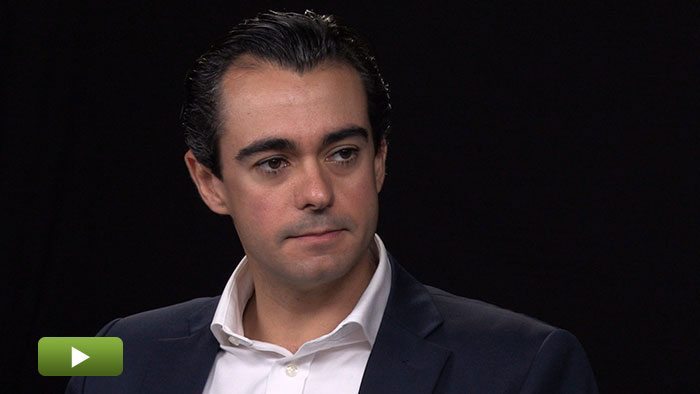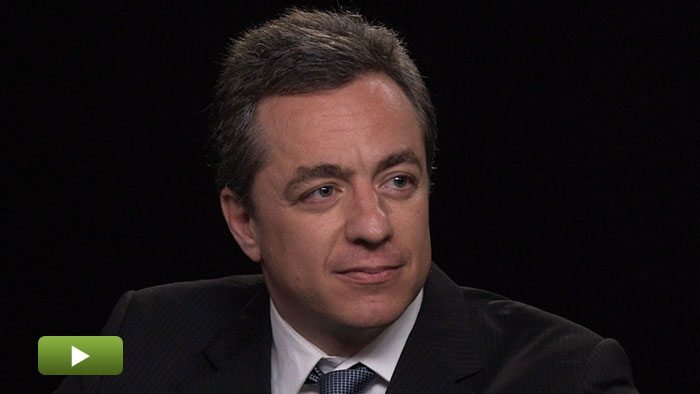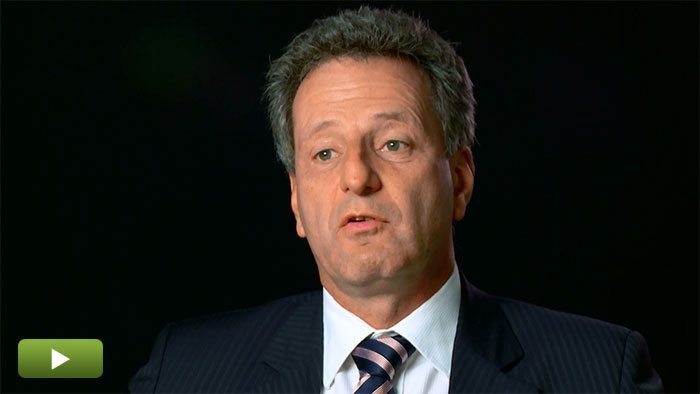Brazil’s Emerging Venture Capital Scene
Anderson Thees of Silicon Valley-backed, São Paulo-based Redpoint e.ventures tells Privcap about his firm’s investment philosophy, why he is eyeing technology investments, and how the Brazilian venture capital scene is evolving.
Transcript Download Transcript
Brazil’s Emerging Venture Capital Scene
With Anderson Thees of Redpoint e.ventures
David Snow, Privcap: We’re joined today by Anderson Thees of Redpoint e.ventures based in São Paulo, Brazil. Anderson, welcome to Privcap. Thanks for being here.
Anderson Thees, Redpoint e.ventures: Thank you very much for having me.
Snow: You’re going to tell us about the Brazilian venture capital scene. First, I would appreciate it if you could describe the affiliation with two well-known Silicon Valley venture capital firms: Redpoint and e.ventures.
Thees: We are a sponsored fund, as we call it in the venture industry. Redpoint and e.ventures started to go to Brazil to look at the investment opportunities. Quickly, they realized that to properly do early-stage investing, it would be better to have a local team with a dedicated fund and they set out to support a new firm in Brazil. So, we are a new firm, a new manager of venture capital with the close support from both Redpoint and e.ventures.
Snow: Briefly, can you talk about how big the fund is and how many portfolio companies you’re seeking to invest in?
Thees: Our inaugural fund was raised in 2012. We started investing from that fund in August of that year and we raised $130 million. The core investment target for us is Series A.
Snow: We’ll talk the startup community in Brazil. What are its main characteristics? How does the startup scene differ from, let’s say, the U.S. startup scene?
Thees: Often the biggest factor is that it’s very young. It is growing really fast. Compared to five or seven years ago, it’s a completely new world. We have completely new breed of providers, so lawyers and accountants are getting specialized on the Internet startup scene. We also have a new wave of support agents in the industry like accelerators, incubators. We have had those in the past. There is a new generation that is more aligned with what we see in Silicon Valley; activity in general is much bigger.
Snow: Let’s talk about your firm and the way you source deals. What kinds of startups are you looking for? How do you meet these entrepreneurs? What opportunities would you say “yes” to, versus “no,” or “not right now”?
Thees: The two big buckets are the inbound and the outbound. Inbound is opportunities that come to us, which could be directed to our website through a network of advisors or partners in the industry. There is also what we call the outbound, or the proactive deal flow, which is we come up with an investment thesis. We map the market and then, we reach out to entrepreneurs that might not even know what venture capital is. So, we have a completely different approach of understanding where they are and explaining how we as an asset class could help them grow faster and see if they are interested in this kind of partnership.
Snow: What kinds of sectors are you most interested in right now?
Thees: Short answer is Internet, web and mobile. Our key expertise is in consumer Internet, both ours in Brazil and from our sponsoring funds in the U.S., so consumer Internet and SASS-based B2B companies. These are the key dealers. In terms of industries, we are seeing a lot happening in education. We really want to do something. We haven’t identified the right company yet. There is a lot of innovation happening in health. We’ve made two investments in financial sector as well.
Snow: Talk about one or two recent deals you’ve done and use that as an example of what you’re looking for and how you’re seeking to help build companies.
Thees: The last deal we announced is called Nibo, which is a very good example. It addresses a very big inefficiency in Brazil. What the company does and does really well is they are offering a financial monitoring solution for small businesses in Brazil and the counterpart of that for the accounting firms in Brazil. The idea is to increase the efficiency and the value-add that accounting firms in Brazil can provide to small businesses. It is mandatory by law to have an accountant, and they ended up with a very bureaucratic and compliance-focused relationship, while the accountants could actually help businesses plan better and have a stronger financial health.
Snow: Do you anticipate that most of your investments, if they go well, will be strategic acquisitions? Or, do you see a possibility for doing IPOs either in Brazil or somewhere else?
Thees: If they do, it’s most likely going to be somewhere else because of the nature of the industry, the kinds of volume of revenues and profitability that technology commands. The market in Brazil could change; they are trying to change it, but as of now, it favors more brick and mortar or old-style economy. NASDAQ and New York Stock Exchange are more supportive of the kinds of companies we back that are high-growth, but not necessarily very high profitability in the beginning. We would love to have one or two in our portfolio, but the most likely exits will still be through M&A. That’s our expectations. It’s either international player that has interest in Brazil. It’s very common. We see and we receive a lot of visits from big corporations that have Brazil in their board agenda. They are not necessarily doing something this year, but they will do something in the next four or five years, so it matches our exit timeframe. As a consequence of that, local incumbents will start to react to that as well, so best exits will be competition between new entrants and/or incumbents trying to protect the market. That’s what we foresee as a most likely outcome for a good exit in the portfolio, at least for the first fund.


